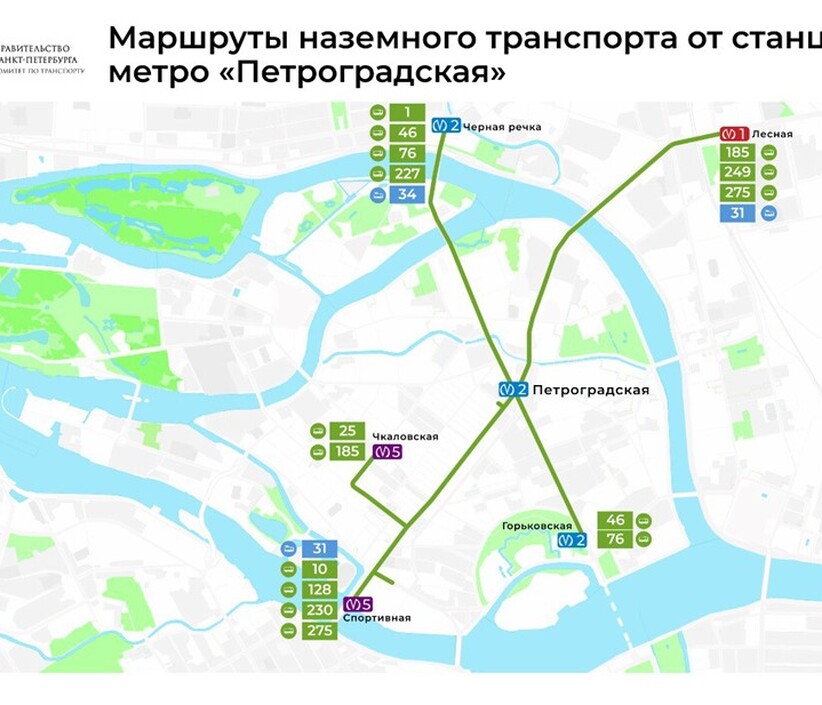
The beating heart of St. Petersburg's morning commute is about to skip a few pulses. Like a weary factory worker clocking out for maintenance, the "Petrogradskaya" metro station will bar its doors during peak hours starting May 12th, leaving bleary-eyed commuters to navigate alternative routes through the city's concrete veins.
The escalator repairs—akin to performing open-heart surgery on a marathon runner mid-race—will force passengers to seek alternative routes. Transport officials suggest surface-level options, though the proposed 20 bus and trolley routes circling nearby stations promise all the comfort of sardines in a tin can during peak hours.
This isn't the station's first tango with construction barriers. Four years ago, "Petrogradskaya" played host to similar restrictions, while its neighbor "Gorkovskaya" recently emerged from a six-month repair odyssey. The blue line's escalators appear to be failing like dominoes in slow motion—each collapse triggering the next.
Meanwhile, across the Neva's watery divide, "Komendantsky Prospekt" prepares to join the symphony of inconvenience with its own morning access limitations. The city's underground arteries are hardening, and commuters are left to navigate the blockage.
As St. Petersburg's metro system ages like a Soviet-era elevator—groaning under the weight of daily use—passengers might recall the wisdom of the tortoise: slow and steady wins the race. Or in this case, perhaps an early start and comfortable walking shoes.